detail profile toshir c5 8d mifune
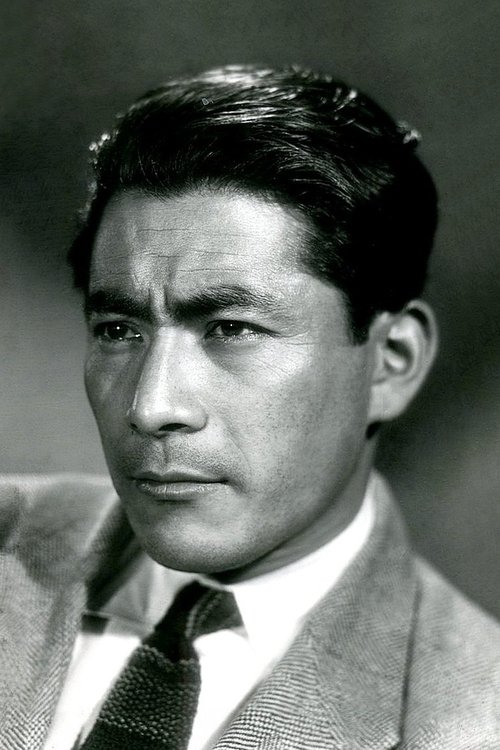
Toshirō Mifune
Toshiroh Mifune
atau dikenal sebagai
Riwayat Hidup
Toshirō Mifune (April 1, 1920 - December 24, 1997) was a Japanese actor who is widely regarded as one of the greatest actors in the history of Japanese cinema.
He was born in Qingdao, China, but was raised in Japan.
Mifune's career spanned over 50 years, during which he collaborated extensively with renowned director Akira Kurosawa, creating some of the most iconic films in Japanese cinema.
Mifune gained international recognition for his performances in Kurosawa's films, particularly in samurai films.
He portrayed strong, dynamic, and often rebellious characters, bringing a raw intensity to his roles.
Some of his notable collaborations with Kurosawa include "Rashomon" (1950), "Seven Samurai" (1954), "Yojimbo" (1961), and "The Hidden Fortress" (1958), which inspired George Lucas's "Star Wars.
"
Apart from his work with Kurosawa, Mifune appeared in numerous other films, showcasing his versatility as an actor.
He played roles in various genres, including dramas, comedies, and war films.
Some of his other notable films include "The Throne of Blood" (1957), "High and Low" (1963), and "Red Beard" (1965).
Mifune's charismatic presence, powerful performances, and ability to convey complex emotions made him an iconic figure in Japanese cinema.
He received international recognition and awards for his contributions to the film industry, including several honors at the Venice Film Festival and a lifetime achievement award from the Academy of Motion Picture Arts and Sciences.
Info Pribadi
Peran Yang Di Mainkan Toshirō Mifune
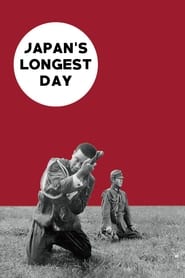 Following the detonation of the atomic...
Following the detonation of the atomic...Japan's Longest Day 1967
Following the detonation of the atomic bombs on Hiroshima and Nagasaki, the Japanese military and the government clash over the demand from the Allies for unconditional surrender. Minister of the Army Anami leads the military officers who propose to fight on, even to the death of every Japanese citizen. Emperor Hirohito, however, joins with his ministers in asking the unthinkable, the peaceful surrender of Japan. When the military plots a coup to overthrow the Emperor's civilian government, Anami must face the choice between his desires and loyalty to his Emperor.
 The most daring drivers in the...
The most daring drivers in the...Grand Prix 1966
The most daring drivers in the world have gathered to compete for the 1966 Formula One championship. After a spectacular wreck in the first of a series of races, American wheelman Pete Aron is dropped by his sponsor. Refusing to quit, he joins a Japanese racing team. While juggling his career with a torrid love affair involving an ex-teammate's wife, Pete must also contend with Jean-Pierre Sarti, a French contestant who has previously won two world titles.
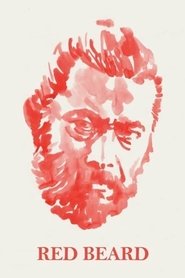 Aspiring to an easy job as...
Aspiring to an easy job as...Red Beard 1965
Aspiring to an easy job as personal physician to a wealthy family, Noboru Yasumoto is disappointed when his first post after medical school takes him to a small country clinic under the gruff doctor Red Beard. Yasumoto rebels in numerous ways, but Red Beard proves a wise and patient teacher. He gradually introduces his student to the unglamorous side of the profession, ultimately assigning him to care for a prostitute rescued from a local brothel.
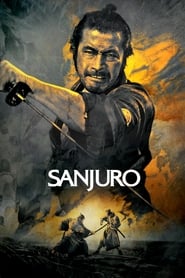 Toshiro Mifune swaggers and snarls to...
Toshiro Mifune swaggers and snarls to...Sanjuro 1962
Toshiro Mifune swaggers and snarls to brilliant comic effect in Kurosawa's tightly paced, beautifully composed "Sanjuro." In this companion piece and sequel to "Yojimbo," jaded samurai Sanjuro helps an idealistic group of young warriors weed out their clan's evil influences, and in the process turns their image of a proper samurai on its ear.
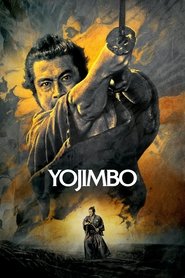 A nameless ronin or samurai with...
A nameless ronin or samurai with...Yojimbo 1961
A nameless ronin, or samurai with no master, enters a small village in feudal Japan where two rival businessmen are struggling for control of the local gambling trade. Taking the name Sanjuro Kuwabatake, the ronin convinces both silk merchant Tazaemon and sake merchant Tokuemon to hire him as a personal bodyguard, then artfully sets in motion a full-scale gang war between the two ambitious and unscrupulous men.
 In this loose adaptation of Hamlet...
In this loose adaptation of Hamlet...The Bad Sleep Well 1960
In this loose adaptation of "Hamlet," illegitimate son Kôichi Nishi climbs to a high position within a Japanese corporation and marries the crippled daughter of company vice president Iwabuchi. At the reception, the wedding cake is a replica of their corporate headquarters, but an aspect of the design reminds the party of the hushed-up death of Nishi's father. It is then that Nishi unleashes his plan to avenge his father's death.
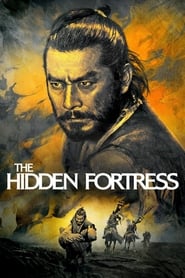 In feudal Japan during a bloody...
In feudal Japan during a bloody...The Hidden Fortress 1958
In feudal Japan, during a bloody war between clans, two cowardly and greedy peasants, soldiers of a defeated army, stumble upon a mysterious man who guides them to a fortress hidden in the mountains.
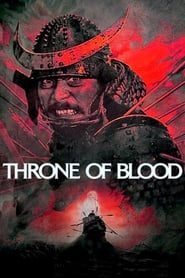 Returning to their lords castle samurai...
Returning to their lords castle samurai...Throne of Blood 1957
Returning to their lord's castle, samurai warriors Washizu and Miki are waylaid by a spirit who predicts their futures. When the first part of the spirit's prophecy comes true, Washizu's scheming wife, Asaji, presses him to speed up the rest of the spirit's prophecy by murdering his lord and usurping his place. Director Akira Kurosawa's resetting of William Shakespeare's "Macbeth" in feudal Japan is one of his most acclaimed films.
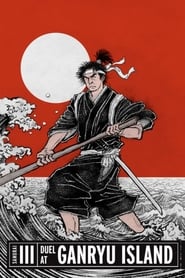 A humble and simple Takezo abandons...
A humble and simple Takezo abandons...Samurai III: Duel at Ganryu Island 1956
A humble and simple Takezo abandons his life as a knight errant. He's sought as a teacher and vassal by Shogun, Japan's most powerful clan leader. He's also challenged to fight by the supremely confident and skillful Sasaki Kojiro. Takezo agrees to fight Kojiro in a year's time but rejects Shogun's patronage, choosing instead to live on the edge of a village, raising vegetables. He's followed there by Otsu and later by Akemi, both in love with him. The year ends as Takezo assists the villagers against a band of brigands. He seeks Otsu's forgiveness and accepts her love, then sets off across the water to Ganryu Island for his final contest.
 Brimming with action while incisively examining...
Brimming with action while incisively examining...Rashomon 1950
Brimming with action while incisively examining the nature of truth, "Rashomon" is perhaps the finest film ever to investigate the philosophy of justice. Through an ingenious use of camera and flashbacks, Kurosawa reveals the complexities of human nature as four people recount different versions of the story of a man's murder and the rape of his wife.
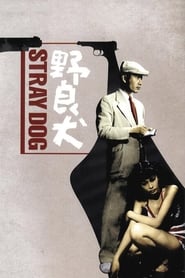 A bad day gets worse for...
A bad day gets worse for...Stray Dog 1949
A bad day gets worse for young detective Murakami when a pickpocket steals his gun on a hot, crowded bus. Desperate to right the wrong, he goes undercover, scavenging Tokyo’s sweltering streets for the stray dog whose desperation has led him to a life of crime. With each step, cop and criminal’s lives become more intertwined and the investigation becomes an examination of Murakami’s own dark side.
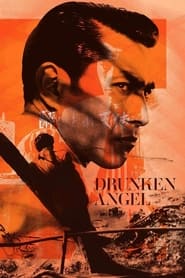 Doctor Sanada treats gangster Matsunaga after...
Doctor Sanada treats gangster Matsunaga after...Drunken Angel 1948
Doctor Sanada treats gangster Matsunaga after he is wounded in a gunfight, and discovers that he is suffering from tuberculosis. Sanada tries to convince Matsunaga to stay for treatment, which would drastically change his lifestyle. They form an uneasy friendship until Matsunaga's old boss Okada returns from prison.
 In the days after the attack...
In the days after the attack...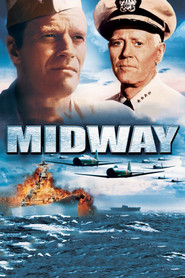 This war drama depicts the US...
This war drama depicts the US...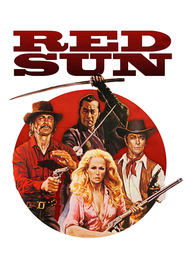 In 1870 Japanese ambassador Sakaguchi and his...
In 1870 Japanese ambassador Sakaguchi and his...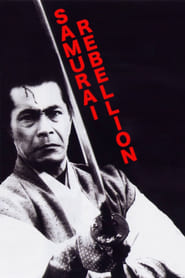 The mother of a feudal lords...
The mother of a feudal lords...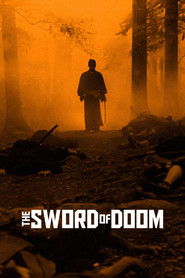 Ryunosuke a gifted swordsman plying his...
Ryunosuke a gifted swordsman plying his...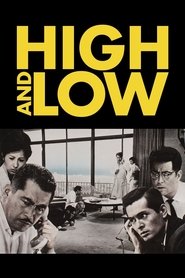 In the midst of an attempt...
In the midst of an attempt...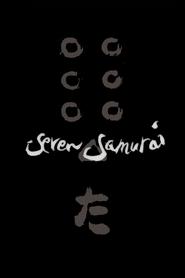 A samurai answers a villages request...
A samurai answers a villages request... In Edo Period Japan a noblewomans...
In Edo Period Japan a noblewomans...